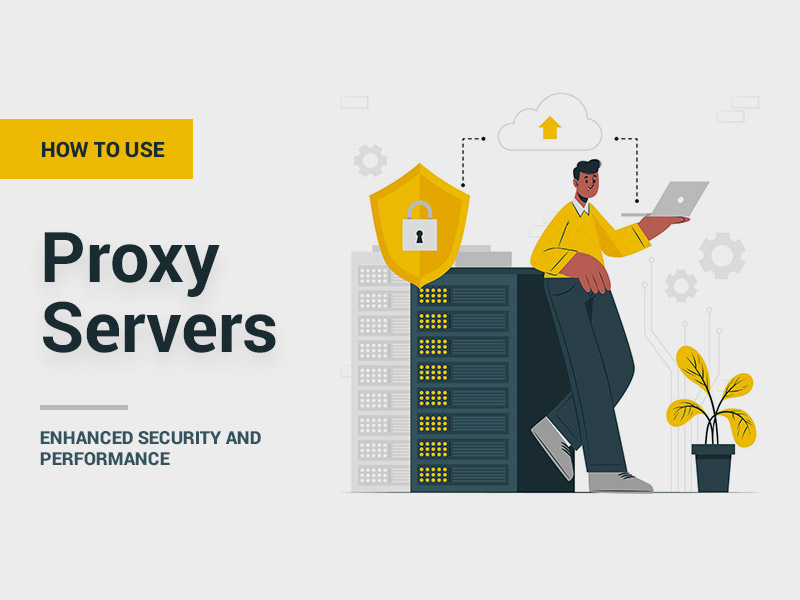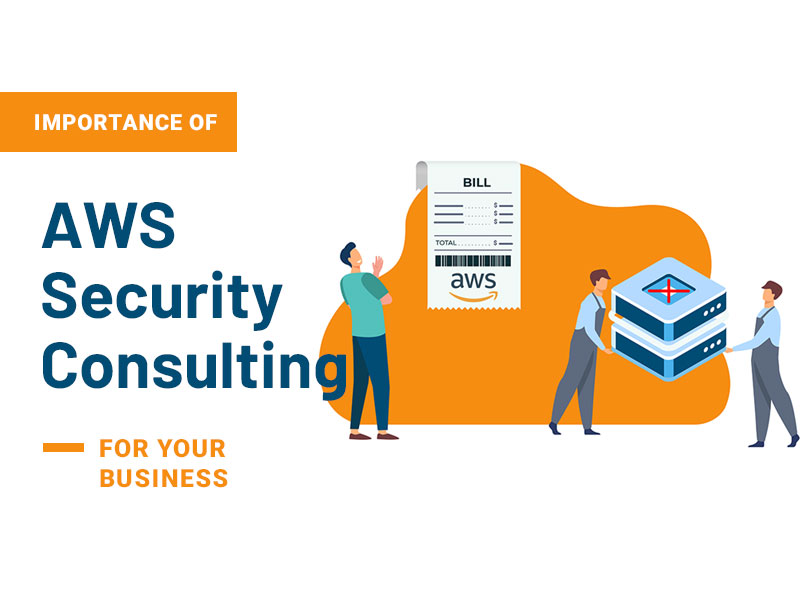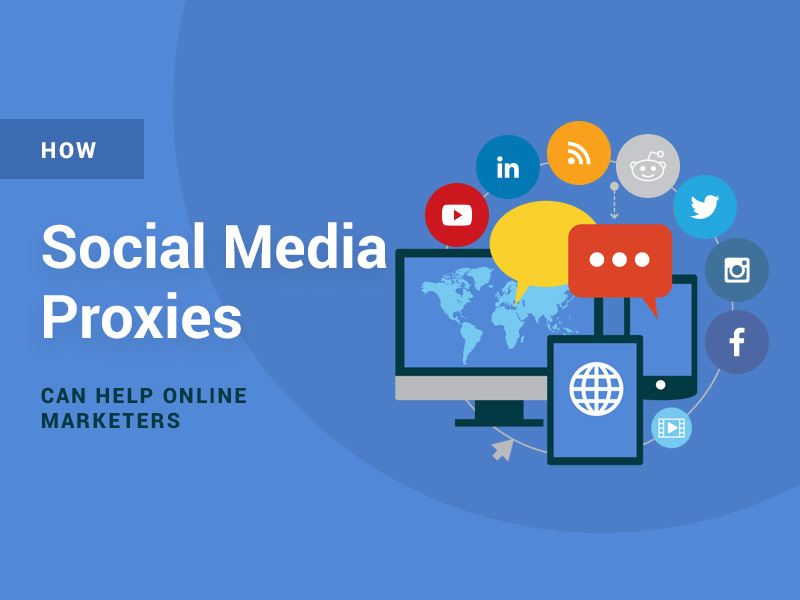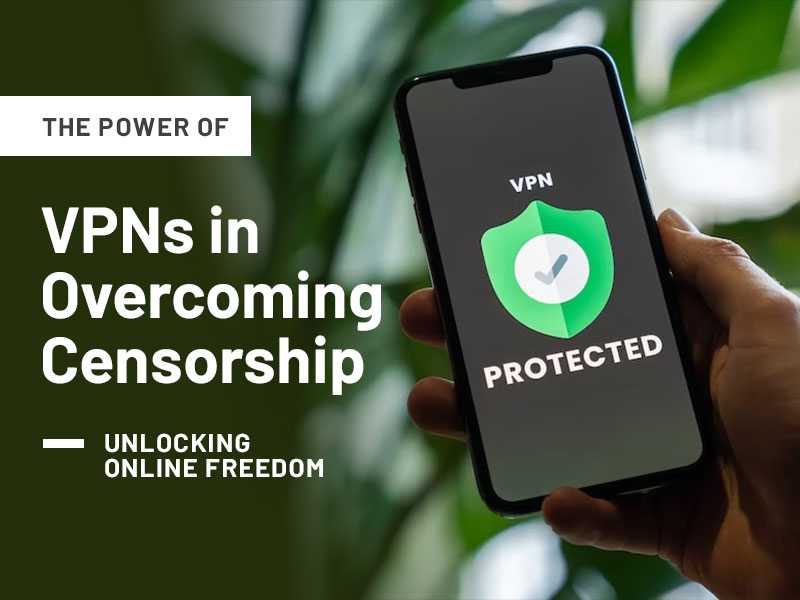Many people are not aware of the inherent security threats on the internet. A public network exposes your devices, location, and data to billions of people online. Proxy servers help isolate devices from the risks associated with these networks. Some of those risks include malware and Ransomware attacks. High speed proxies help access the internet safely and enhance performance. This post discusses the various ways to use proxy servers for enhanced security and performance.
What is a proxy server?
A proxy is an intermediary server that retrieves and translates traffic from end-users and web servers. It also helps to translate traffic between networks. A proxy server (https://surfshark.com/servers/canada) is also defined as a system that provides a network gateway between the internet and users. It is referred to as an intermediary because it operates between end-users and the web pages they visit online.
Proxy servers provide additional data security boundaries and protect users from hackers on the internet. Proxies also help prevent intruders from entering a private network. Traffic flows through the proxy server and provides different levels of security and privacy. Common uses of proxies include regulating web requests and bypassing geo-blocking, security, etc. A proxy server has its internet protocol (IP) address.
The proxy server works by first receiving the user request, the proxy server then forwards the request to web servers. The web server sends a response back to the proxy server and finally, the proxy server forwards it back to the proxy.
How to set up a proxy
Proxies can be set up physically on hardware or they can be hosted in the cloud. Hardware proxies sit between the network and on the internet, they are usually hosted in-house. Software proxies are usually hosted in the cloud. Software proxies can be downloaded and installed. These proxies can be free for a few devices and paid for by a large number of businesses. You have to configure it on your computer, or network device. You can then add an IP address or use automatic scripts.
Types of proxy servers
There are several kinds of proxies for internet users. The various types of proxies are briefly discussed below.
Forward Proxy
Forward Proxy is mostly used for internal networks with a single point of entry. A transparent proxy allows users to use them without realizing they are being used. Anonymous proxies make internet activity untraceable. It accesses the internet on behalf of the user. High anonymity proxy erases your information before the proxy tries to connect to the site. Distorting proxy identifies as a proxy but hides its own identity. It helps to hide their location.
Datacenter proxies
Datacenter proxies are proxies provided by another cooperation through a data center. The proxy server serves as a physical data center. Residential proxy gives an IP address that belongs to just a specific device. Public proxies are accessible free of charge. Shared proxies are used by more than one user. SSL proxies can provide decryption between client and server.
Rotating proxy
Rotating proxy helps assign an IP address to each user and what connects to it. Reverse proxy unlike a forward proxy that is in front of clients. A reverse proxy is put in front of web servers and sent from a browser to the web server.
Also read: How to Safely & Anonymously Check Your Email With A Private Proxy
How to use a proxy server for enhanced security and performance
Here are a few ways that proxy servers can be used for enhanced security and performance.
1. Proxy servers for hiding user’s identity for enhanced security
Proxy servers can be used to mask IP addresses and hide a user’s identity which results in enhanced security. Proxy servers hide users from hackers monitoring their network activity. Also for example for someone working in another office and wanting to access a database, he or she can run these requests through a proxy server. The user’s identity is protected and well hidden.
2. Proxy servers for protecting computer privacy and data
A proxy server can also perform as a firewall or filter which allows it to protect data and privacy, which results in enhanced security. Proxy servers can be used to examine the data going in and out of a computer or network. It applies rules to prevent exposing your location and IP address. The proxy server also ensures that only a proxy address is seen by hackers thereby providing privacy to users. It shields data and apps.
3. Proxy servers for load balancing resulting in enhanced performance
A load balancer allows all the applications in a domain to be represented as a single address to users and memory replication. Proxy servers can help create different servers to split workloads. For example different people trying to access a video on YouTube. This is only made possible by running a dozen servers all over the world with no server overload. This also means it ensures continuous service such that if one server goes down, it does not affect others.
4. Proxy servers to block certain websites and malicious traffic
Proxy servers can be used to block vulnerable websites from the network, this helps to increase security. For example, some websites are well known for carrying malicious content and also infecting computers. Proxy servers can be used to restrict such websites’ domains. This proxy technology is used by browsers like google chrome and internet explorer to block websites.
5. Proxy servers for Bandwidth Savings and Faster Speeds
High speed proxies are known to increase internet speeds and save bandwidth which then enhances performance. This is done by caching web pages and files that are used by multiple users. It also compresses traffic and blocks ads from different websites. Bandwidth monitoring can help ensure that the proxy is working effectively and that you are not exceeding any bandwidth limits set by your internet service provider. This helps to free up bandwidth on the busy network, which allows browsing the internet to be done much faster. Resources like Test My Speed allow you to test my internet speed to find the speed and quality of your internet connection with your current provider. Then, if you find you still need better speeds, you may want to search for other providers in your area.
Conclusion
It is crucial to protect ones’ data and identity when using public networks and the internet. High speed proxies are flexible and ideal for businesses and individuals. It prevents data theft, keeps digital devices safe, and provides improved performance and privacy. Therefore it is highly recommended that businesses and individuals adopt proxy servers for daily use.







